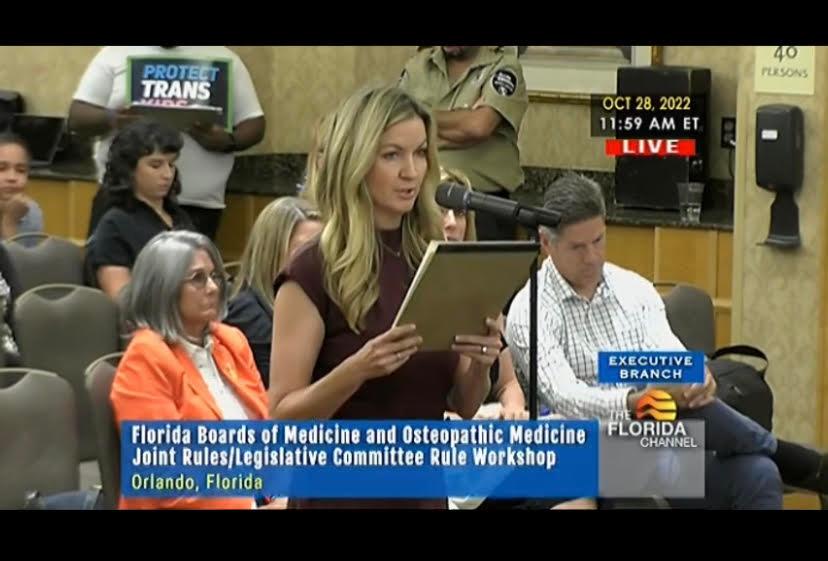A coalition of 22 state attorneys general has joined in one of multiple amicus briefs filed in support of two Florida parents who sued a Florida school district for holding secret meetings with their daughter on gender transitioning.
The attorneys general are asking the 11th Circuit Court of Appeals in Florida to reverse the Northern District Court of Florida’s dismissal of the parents’ claim in December 2022.





